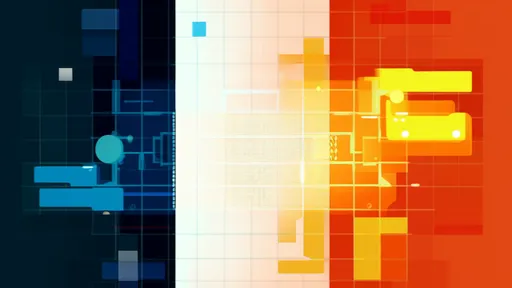South Korea has long been a global epicenter for competitive gaming, with esports titles like League of Legends and StarCraft deeply embedded in its culture. However, beneath the glitz of professional tournaments and streaming celebrities lies a shadow economy: the booming but legally ambiguous world of account boosting and Game Boosting. In a landmark move, South Korean legislators have taken decisive steps to criminalize these practices, signaling a crackdown on what they describe as a "corrosive" gray market undermining fair play.
The new legislation, which passed with overwhelming bipartisan support, explicitly prohibits the buying, selling, or trading of video game accounts, as well as any form of paid rank-boosting services. Violators now face fines of up to 20 million won (approximately $18,000) or even prison sentences—a stark escalation from previous unenforced warnings. This makes South Korea the first country to impose criminal penalties rather than relying on game publishers' terms of service violations.
The scale of the problem is staggering. Industry analysts estimate that Korea's Game Boosting market generates over $100 million annually, with top boosters—often elite players from China or Vietnam—earning six-figure incomes by selling their skills clandestinely. Major titles like League of Legends and Overwatch have seen ranked modes plagued by boosted accounts, creating matchmaking imbalances and frustrating legitimate players. "It’s like doping in sports," says Kim Jae-hoon, a former esports coach. "When someone pays to reach Diamond tier without the skill, it ruins the integrity of competition."
Reactions from the gaming community have been polarized. Many applaud the law as overdue protection for fair play. "I’ve reported boosters for years with no action," complains Park Min-ji, a high-ranked League player. "Now they’ll finally face consequences." However, critics argue the measures are draconian and misdirected. Independent boosters, often students or low-income earners relying on the trade, warn of unintended consequences. "This won’t stop demand—it will just push the industry further underground," says one anonymous booster operating via encrypted chats.
Game publishers, meanwhile, walk a tightrope. While companies like Riot Games (developer of League of Legends) publicly endorse the law, their enforcement mechanisms remain inconsistent. Automated detection systems struggle to distinguish boosters from legitimate players, and manual reviews are resource-intensive. Some speculate the legislation may force publishers to invest more aggressively in anti-cheat technologies or even redesign ranked systems entirely.
The human cost of the crackdown is already emerging. In recent months, Korean police have Game Boosting "farms"—often small offices where boosters play accounts in shifts—arresting dozens. Most face fines, but organizers could receive jail time. Meanwhile, platforms facilitating these services, including certain Discord servers and Chinese-language forums, have gone dark or relocated overseas. Yet demand persists: underground markets now require cryptocurrency payments and VPNs to evade detection.
Legal scholars debate whether the law can withstand challenges. "Criminalizing what’s essentially a contractual violation between players and private companies is unprecedented," notes Professor Lee Hyun-seok of Seoul National University. Similar debates swirl around enforcement: with boosting services often crossing borders, international cooperation would be needed for meaningful impact. For now, all eyes are on how aggressively prosecutors will pursue cases—and whether other gaming hubs like China or the U.S. might follow suit.
As the dust settles, one thing is clear: South Korea’s bold stance has ignited a global conversation about ethics in gaming’s shadow economies. Whether the law becomes a blueprint or a cautionary tale may depend on its ability to adapt to an industry that evolves faster than legislation ever could.

By /Jul 3, 2025

By /Jul 3, 2025

By /Jul 3, 2025

By /Jul 3, 2025

By /Jul 3, 2025

By /Jul 3, 2025

By /Jul 3, 2025

By /Jul 3, 2025

By /Jul 3, 2025

By /Jul 3, 2025

By /Jul 3, 2025

By /Jul 3, 2025

By /Jul 3, 2025

By /Jul 3, 2025

By /Jul 3, 2025

By /Jul 3, 2025

By /Jul 3, 2025

By /Jul 3, 2025